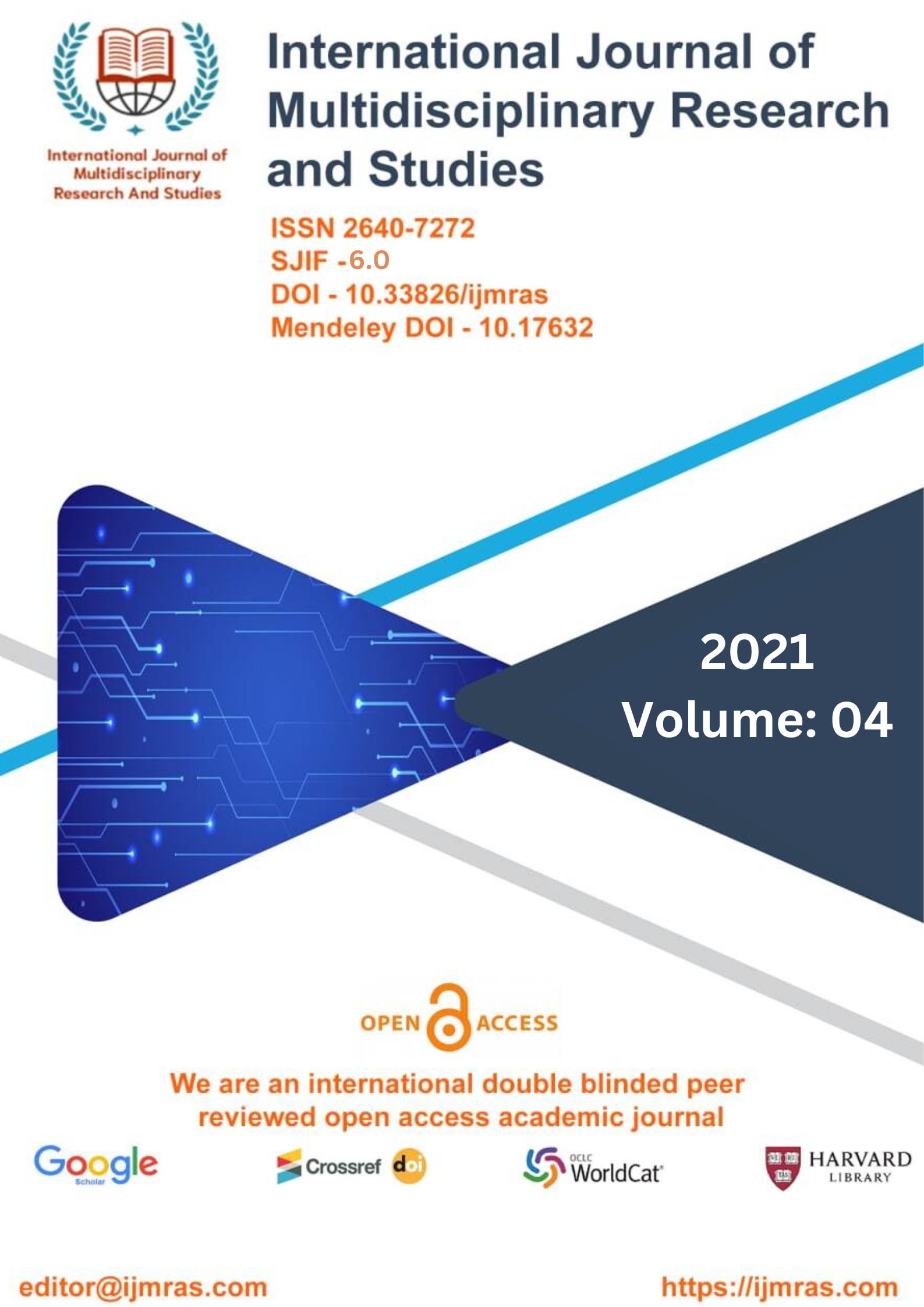STUDY ON THE POSTCOLONIAL NOVELIST BAPSISIDHWA

Abstract
In contemporary literary studies, the word "post-colonial" functions well as a critical category. The labels "Commonwealth Literature," "Anglophone Literature," "New Literature in English," "Third World Literature," and "Literature of the Developing Nations" have been gradually phased out in favour of it in recent years. Every single one of them is troublesome in one way or another. Even the concept of "post-colonial" is fraught with its own set of problems. The basic definition of the phrase, as well as its range of use, might be contested. Its application can be narrowed down for the purpose of this study to refer to an unequal relationship between rich nations and poor nations in a variety of domains, including social, psychological, political, economic, and cultural practises and patterns, as well as the articulation of the same in literature. No matter how the above sentence is construed, post-colonialism may be understood as an outgrowth of colonialism. Post-colonial literatures came into being as authors strove to create a new type of fiction inside the English language by combining new imagery and, most importantly, new rhythms. This led to the development of post-colonial literatures.
Keywords
Novelist,, Postcolonial,, Literature, CriticalHow to Cite
References
Abrioux, Cynthia, ‘A Study of the Stepfather and the Stranger in the Pakistani Novel The Bride by BapsiSidhwa’ in Commonwealth Essays and Studies, vol. 13, no. 1, 1990 autumn, pp. 68-72.
Allen, Diane S., ‘Reading the Body Politic in BapsiSidhwa’s Novels: The Crow Eaters, Ice-Candy Man and An American Brat’ in South Asian Review, December 1994, pp. 69-80.
Chapman, Jeff and Jorgenson, John D. (Eds.), ‘Sidhwa, Bapsy’, Contemporary Authors: New Revision Series, vol. 57, Detroit, Michigan: Gale Research, 1997, pp. 432-435.
Grace, Daphne, The Woman in the Muslin Mask: Identity and Veiling in Postcolonial Literature, Sterling, Virginia and London: Pluto Press, 2004, pp. 160-201.
Moi, Toril, Sex, Gender and the Body: The Student Edition of What is a Woman?, Oxford: Oxford University Press, 2005.
Mumtaz, Khawar and Shaheed, Farida, Women of Pakistan: Two Steps Forward, One Step Back? London and New Jersey: Zed Books, 1987.
Kali Theatre’s website, www.kalitheatre.co.uk, accessed 26. January 2006.
‘Sense of the City: Lahore’, interview with BapsiSidhwa, BBC NEWS webpage, http://news.bbc.co.uk/1/hi/world/south_asia/3106541.stm, last updated 2003, accessed 3. February 2006.
Sidhwa, Bapsi, homepage: http://members.aol.com/bsidhwa/, last updated 2002, accessed 3. February 2006
"Skrywer Dalene Matthee". mieliestronk.com.
Condé, Maryse, and Richard Philcox. Tales from the Heart: True Stories from My Childhood. New York: Soho, 2001
Ramchand, Kenneth. The West Indian Novel and Its Background. London: Faber, 1970.
Waters, Erika J. (2009). "Paradise Revealed: Readings in Caribbean Literature". Maine Humanities Council. Retrieved 25 April 2012.
Suneeta Peres da Costa Wide Sargasso Sea, Fifty Years on". Sydney Review of Books, 9 March 2016.
Meer, Amanda http://bombsite.com/issues/29/articles/1264 Fall 1989. Retrieved May 20, 2013
Chotiner, Isaac. "Interviews: Jhumpa Lahiri", The Atlantic, 2008-03-18. Retrieved 2008-04-12.
License
Copyright (c) 2021 Md.Wali Hasan

This work is licensed under a Creative Commons Attribution 4.0 International License.
Individual articles are published Open Access under the Creative Commons Licence: CC-BY 4.0.




